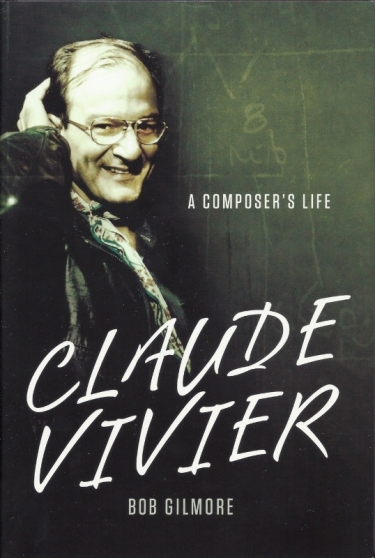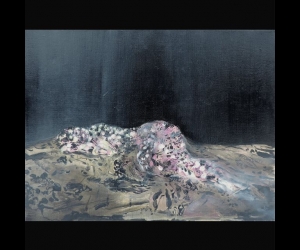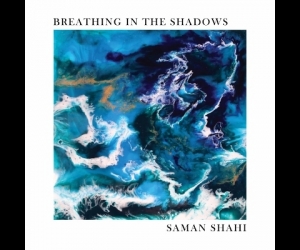
Both the music and the life of Canadian composer Claude Vivier, who was murdered in Paris in 1983, are fraught with mystery.
Mystery surrounds his birth and death. He never knew his biological parents, and was raised in a foster family. After his violent death, a score was found on his desk in which he describes being killed by a young man whom he has met by chance—to some extent true to his actual fate.
Vivier’s music has an otherworldly quality. There is his signature use of shaping vocal tremoloes with a finger or hand, of whistling, yawning, laughter, and sounds of weeping. His texts include passages in an invented language of words and syllables without apparent meaning. Many of his works refer to half-mythical places and exploration. The purity of childhood is a recurring theme, as are love, loneliness, and death. Melody reigns supreme in his music: in his later pieces it provides the groundwork for chord progressions that are inspired by spectralist composers Gérard Grisey and Tristan Murail. Vivier’s music is as imaginative and appealing as it is enigmatic.
What drove him to write this profoundly idiosyncratic body of work is a question tackled in Claude Vivier: A Composer’s Life, a biography by Irish musicologist Bob Gilmore. In the late 1990s, Gilmore won acclaim for his insightful and evocative biography of Harry Partch, the self-taught, groundbreaking microtonal composer. Evidently, Gilmore doesn’t shy away from daunting tasks. Both composers were as elusive as they were unconventional. Gilmore writes that Vivier “lived in the age of the telephone, a period which, from the point of view of the biographer, is the black hole in twentieth-century history between the era of the letter and the advent of e-mail and the hard disk. The long hours Vivier spent talking on the telephone to friends have left no trace other than in memory.” For that reason, Gilmore “found it essential to supplement the written sources we possess with a great deal of oral testimony from close friends and colleagues.”
Similar to his Partch book, Gilmore’s Vivier biography describes the composer’s works in detail. This has extra significance in Vivier’s case, because his music was undeniably autobiographical. Writing about the man and the music with an engaging warmth, the author strikes a rare balance between putting Vivier in a meaningful context and leaving much of the enigma intact. Some of the mystery is heightened rather than put to rest, for instance, through contrasting accounts of Vivier’s behavior and personality, which those who knew him describe as socially awkward to the point of rudeness, as well as outgoing and sociable. Apparently, he could be as direct and communicative as his music, but there must likewise have been depths that could only come through via oblique references—to his fear of darkness and of being alone. Gilmore unlocks a realm that conjures up the vivid sounds and colours of an idealized fantasy world, as in Zipangu (named after Japan, as it was known to Marco Polo), with thirteen stringed instruments playing chords that express staggeringly intense emotions.
But Gilmore also keeps some distance, avoiding speculation, interpreting only with reliable sources. This is above all true of his thoughts about Vivier’s death, of which the composer’s last work, Glaubst du an die Unsterblichkeit der Seele (containing the description of being murdered by a young stranger), is sometimes taken as a clairvoyant premonition. To the disappointment of those who seek a poetically satisfying justification for Vivier’s death, Gilmore’s quite plausible explanation is decidedly down to earth. For this explanation, I must refer you to the book. You will get lured into visiting and revisiting Vivier’s singularly resplendent musical universe—a thoroughly rewarding experience.


